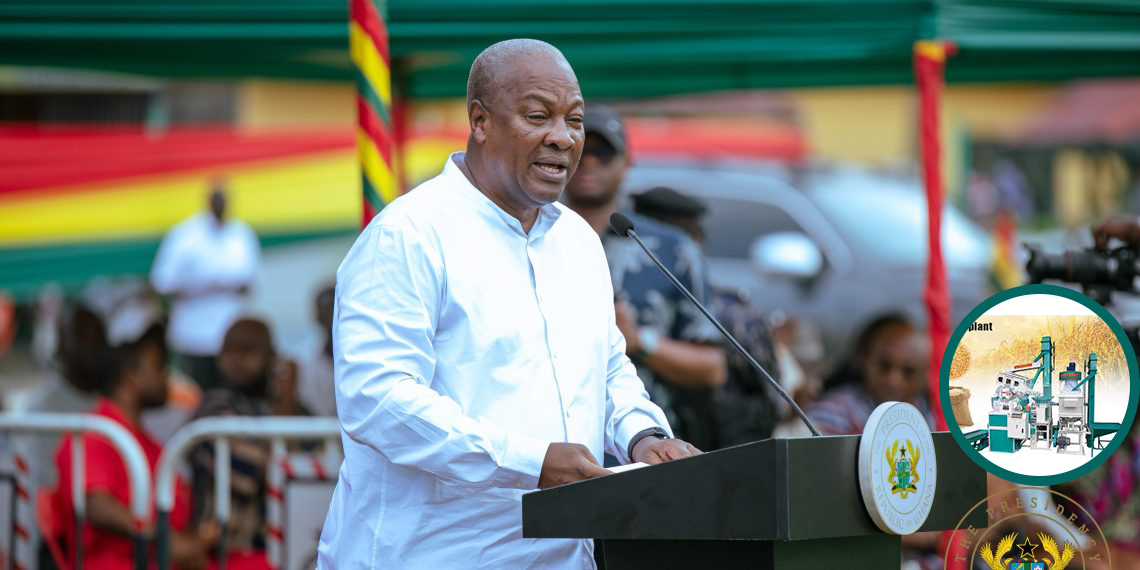New Rice Mill in Jadima to Boost Nutrition, Food Safety, and Education in Ghana’s Northeast Region
In a transformative move for Ghana’s agricultural and nutrition landscape, President John Dramani Mahama has announced the establishment of a state-of-the-art rice mill in Jadima, located in the Mampugu-Maduri District of the Northeast Region. Supported by the World Food Programme, this initiative is poised to process over 30,000 metric tonnes of locally grown rice annually, creating more than 2,000 jobs with a special focus on empowering women, children, and youth.
This development signals a strategic shift from subsistence farming to commercial agriculture and agro-industrial transformation in the region. President Mahama emphasized during his visit to the Northeast Region that the success of agriculture depends on sustainable value chains, stating, “The future of agriculture lies in commercial production and agro-industrial transformation.”
From a nutrition and food safety perspective, the rice mill is a critical milestone. By significantly reducing post-harvest losses and ensuring quality-controlled local processing, the initiative will enhance the safety, availability, and nutritional quality of rice consumed by families and children across Ghana. Locally milled rice, when processed under hygienic conditions, preserves more nutrients and reduces the risk of contamination — a vital consideration for child and maternal health.
In a visionary move to link agricultural development to social impact, President Mahama announced that the National Buffer Stock Company has been instructed to procure all rice produced by the facility. This rice will be channeled into the national school feeding programme, providing schoolchildren with locally sourced, nutritious meals. This decision not only strengthens food security but has the potential to increase school enrollment and retention, as access to daily meals is a proven incentive for school attendance, particularly in rural communities.
Moreover, the added income and employment opportunities for farming families are expected to enhance family life, reduce rural poverty, and improve household nutrition outcomes. As more women and youth become involved in agro-processing, the initiative promises to catalyze economic growth and stability across the region.
President Mahama also reaffirmed his commitment to the region’s agro-industrial development by directing the Ghana Exim Bank to expedite completion of the stalled Walewale watermelon factory. The parallel development of this facility, along with the rice mill, underscores the government’s broader agenda to provide farmers with the infrastructure needed to process and market their produce effectively.
Together, these projects represent a powerful strategy to ensure that agricultural progress translates into better nutrition, safer food, economic empowerment, and a brighter future for Ghana’s children.
— Written By Ebenezer Yamoah




